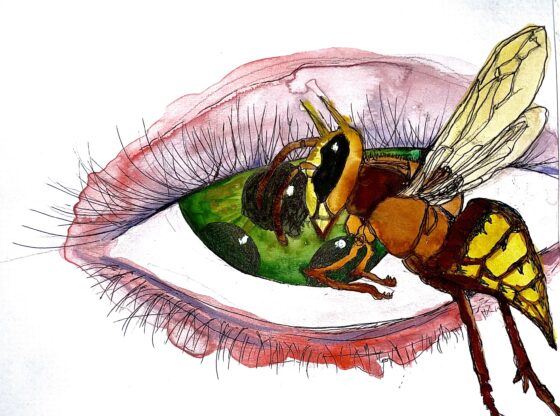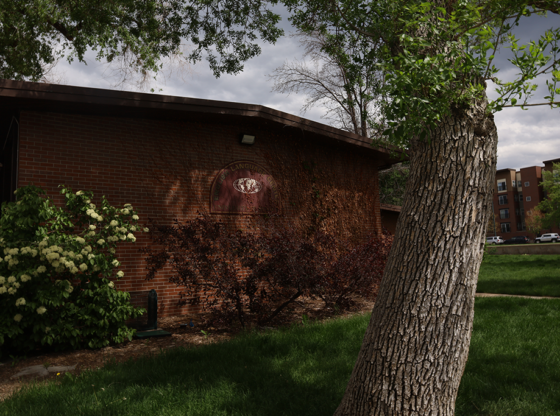What makes a great undergraduate professor? Is it her ability to connect with students? The ability to transfer information in an effective way? The way she encourages students? Her knowledge and expertise? Her experience, kindness, or ability to crack jokes and keep students entertained? I would argue all of the above, but I’ll tell you what it’s not—a piece of paper meant to prove her intelligence.
Now of course, a Ph.D. should not truly be equated to the worth of a piece of paper, and going through a rigorous doctoral program could certainly add a lot of value to a professor’s ability to teach, but the degree shouldn’t be a deciding factor. More emphasis has been placed on a potential professor’s ability to teach, rather than her ability to complete a dissertation. Professors should have to show how well past students have learned or give a mock lecture to prove their value to the school. After all, isn’t the point of college to learn the most you possibly can? That’s not going to happen if the focus is only on professors with particularly distinguished backgrounds, rather than those who can most effectively get the job done.
This is not to say that professors with Ph.Ds. cannot effectively teach. DU professors (the vast majority of whom have Ph.Ds.) have proven that wrong time and time again. Often what they learned during their dissertation helps add to discussions in class, and their experience from the program makes them a better lecturer. But potential professors with an equivalent amount of field experience should be looked at in the same light as those with the degree.
A language professor, for example, could be phenomenal either from having experience as a native speaker or living in a foreign country for a long period of time. One’s ability to teach a language could stem from his or her own struggles learning a language or from a natural knack for language structure. A higher level of education is certainly important when it comes to their ability to stimulate cultural discussions in class and discuss the history of the language, but in all honesty, how important is it that they have studied the language so in depth that they could talk about a specific novel and its social implications for ages? It’s interesting, certainly, and nice when that information is brought up in class, but is that really going to help us learn the future tense? Not really.
An overwhelming amount of DU Japanese students agree. The Languages and Literatures Department has been put under scrutiny for terminating the employment of Setsu Kawada, a Japanese professor without a Ph.D. Over 309 students and DU community members signed a petition on Change.org in response to DU’s action. The petition states: “As students of Kawada Sensei, we know first-hand that she is more than qualified for this position, even if she doesn’t have a piece of paper that says so.” However, the petition fails to give the whole truth behind Professor Kawada’s alleged firing. She was originally hired as a temporary professor while the department looked for someone with a Ph.D. to fill a tenured position (which almost always requires a Ph.D).
Because of this, the Languages and Literatures Department has been unfairly represented. It didn’t just decide one day to fire this professor for her lack of a Ph.D. as the petition suggests. However, the signatures it has gained are still justified. The department is taking the slack for a universal practice in universities that nearly every department is guilty of—defining someone by their degree. The mere act of searching for a new professor for tenure who specifically has a Ph.D. is rather unfair, both to all of the great professors who will be bypassed in the search and to the students who could benefit from their teaching. We’ve all had fantastic professors and teachers with and without Ph.Ds., and there are plenty of knowledgeable but terrible professors with Ph.Ds. What if one of the great ones without the degree was replaced by a terrible one with it? I guarantee you, it has happened.
In this situation, the solution seems simple. Sure, the Languages and Literatures Department wanted a tenured professor with a Ph.D., and that’s fair. Departments should have a good amount of professors with Ph.Ds., because their degrees can indeed add a lot to the students’ education and any research the department does. But what they got was so much better. They found a professor who is clearly loved by the student body and teaches extremely well. That’s worth giving her the chance to stick around, and giving up the search for another professor—at least for the time being—until an additional professor is actually needed.
There is indeed something to be said for degree requirements for professors. All professors, for instance, must have a master’s degree. That is fair, because undergraduate students paying $30,000 a year in tuition deserve at least to be taught by those who have gone further in their education than the degree they are seeking. Students need those who have significant experience in academia to help them succeed. Those teaching Ph.D. classes should have a Ph.D. of their own no matter how much field experience they have. This is just a matter of having already walked a mile in the students’ shoes. A professor will be better if they’ve gone through the same thing the students have. In addition, it makes sense that undergrads pursuing science degrees should have professors with Ph.Ds because in general, one needs a Ph.Ds to do significant scientific research.
But requiring all undergraduate professors to have Ph.Ds (which most departments are close to doing) is just going a bit overboard. We don’t need extremely in -depth information as undergraduates, we just need good teachers.











